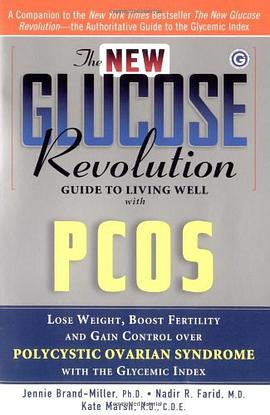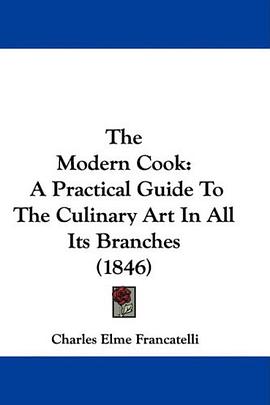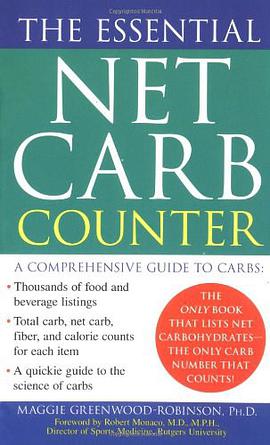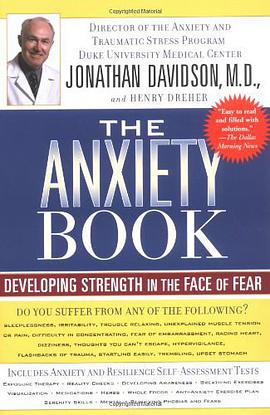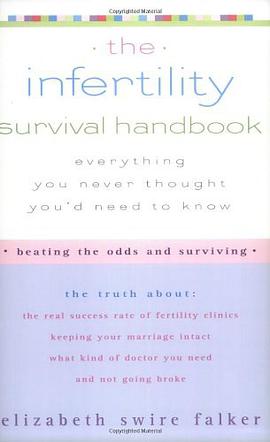

Today considered a landmark of twentieth-century intellectual history, "I and Thou" is also one of the most important books of Western theology. In it, Martin Buber, heavily influenced by the writings of Frederich Nietzsche, united the proto-Existentialists currents of modern German thought with the Judeo-Christian tradition, powerfully updating faith for modern times. Since its first appearance in German in 1923, this slender volume has become one of the epoch-making works of our time. Not only does it present the best thinking of one of the greatest Jewish minds in centuries, but has helped to mold approaches to reconciling God with the workings of the modern world and the consciousness of its inhabitants. This work is the centerpiece of Buber's groundbreaking philosophy. It lays out a view of the world in which human beings can enter into relationships using their innermost and whole being to form true partnerships. These deep forms of rapport contrast with those that spring from the Industrial Revolution, namely the common, but basically unethical, treatment of others as objects for our use and the incorrect view of the universe as merely the object of our senses, experiences. Buber goes on to demonstrate how these interhuman meetings are a reflection of the human meeting with God. For Buber, the essence of biblical religion consists in the fact that -- regardless of the infinite abyss between them -- a dialogue between man and God is possible. Ecumenical in its appeal, "I and Thou" nevertheless reflects the profound Talmudic tradition from which it has emerged. For Judaism, Buber's writings have been of revolutionary importance. No other writer has so shaken Judaism from parochialism and applied it so relevantly to the problems and concerns of contemporary men. On the other hand, the fundamentalist Protestant movement in this country has appropriated Buber's "I and Thou encounter" as the implicit basis of its doctrine of immediate faith-based salvation. In this light, Martin Buber has been viewed as the Jewish counterpart to Paul Tillich. This is the original English translation, available in America only in this hardcover edition of "I and Thou." Martin Buber considered Ronald Smith's the best of the English translations and it was prepared in the author's presence. The more poetic rendering, this translation can be looked at as the King James Version of Buber's "I and Thou."
具體描述
讀後感
在《我与你》里面,我们几乎看不到犹太教的痕迹,“对话-关系哲学”和“对话式的上帝观”完全是站在人类的高度上分析和解决人类共同的精神课题。但我们必须看到,犹太教信仰传统是布伯思想的历史根基,布伯的思想是他将犹太教哈西德主义精神与其他东西方伟大精神传统相融合...
評分作者:马丁·布伯 译者:陈维纲 出版社:三联书店 数月前,在《中国摄影》杂志上看到吕楠的数幅关于西藏的照片,我感动得流下泪来,这是2004年开始玩摄影来,第一次有这样的体验。 接下来再看专访,中间一个细节说,吕楠一个人在西藏的十年时间里,一直随身带着一本...
評分认识这本书,是因为我喜欢的几个大腕——欧文·亚龙、朱瑟琳·乔塞尔森、肯·威尔伯——都在他们的书中援引到这本书及其作者:马丁·布伯。 译者大概是老派的知识分子,文风喜带着古意的华丽雄壮。作者谈的是相遇,然而透过这本书与作者的精神相遇,已不是件...
評分最近漫游于茫茫的孤寂中寻找答案,缓慢行走于思想的广袤高地中寻找答案。为什么需要答案?因为空虚,因为苍白,因为缺乏意义,因为无所依托,因为百无聊赖。面对这生命本身之无限空虚而带来的无限深渊,要么我们不做思考的沉浸并跟随所谓大众之经验与已有之成规,让自己在其间...
評分这本书看完已经很久了,具体的字句已经差不多忘光,但是核心的思想依然清晰,还有一些自己的心得,与大家分享一下: 我一直认为在各大宗教里,佛教是比较高竿的,因为佛教是向内寻,所以佛教徒比较爱好和平,不会很烦人地到处传教,更不会搞恐怖主义,佛教是唯一一个关心动物...
用戶評價
相關圖書
本站所有內容均為互聯網搜索引擎提供的公開搜索信息,本站不存儲任何數據與內容,任何內容與數據均與本站無關,如有需要請聯繫相關搜索引擎包括但不限於百度,google,bing,sogou 等
© 2025 qciss.net All Rights Reserved. 小哈圖書下載中心 版权所有




